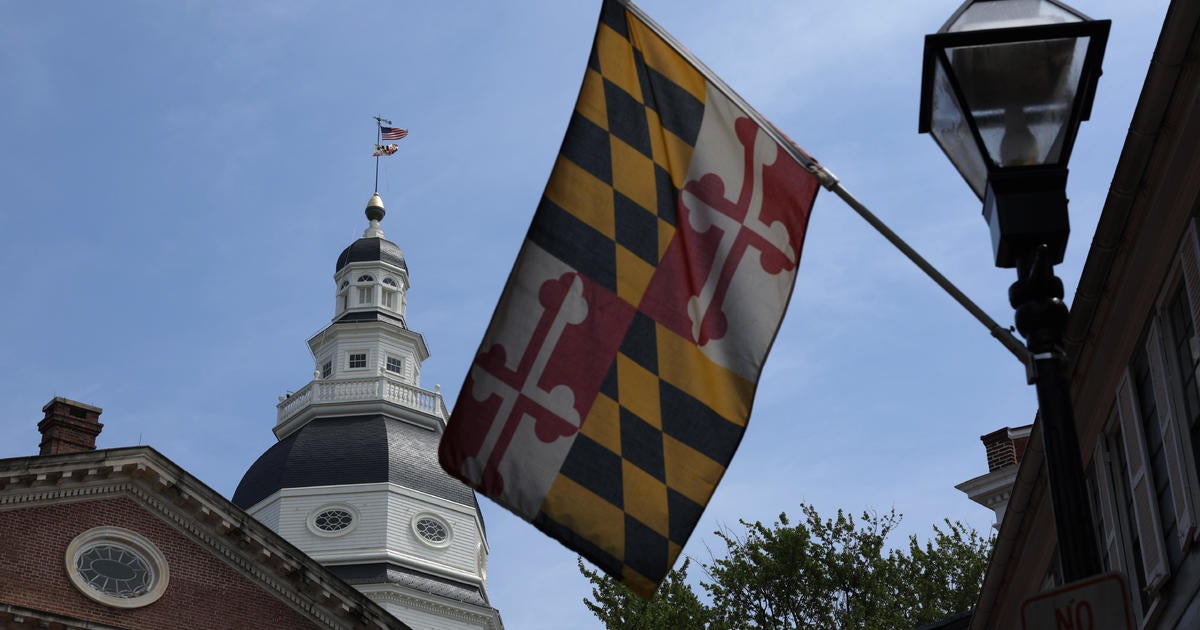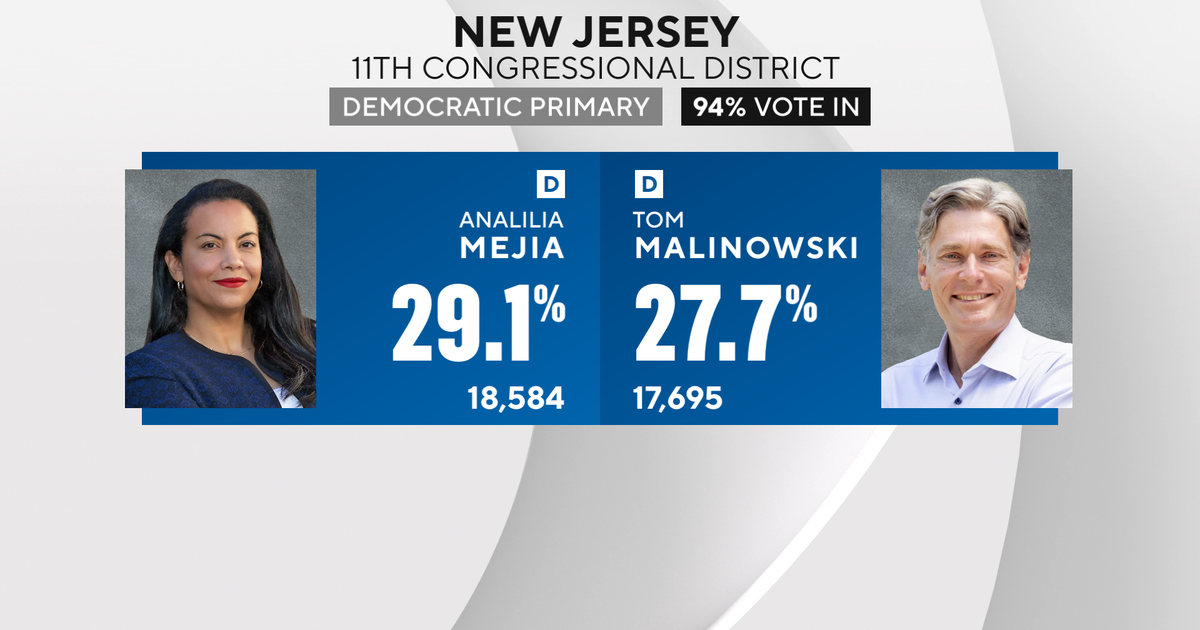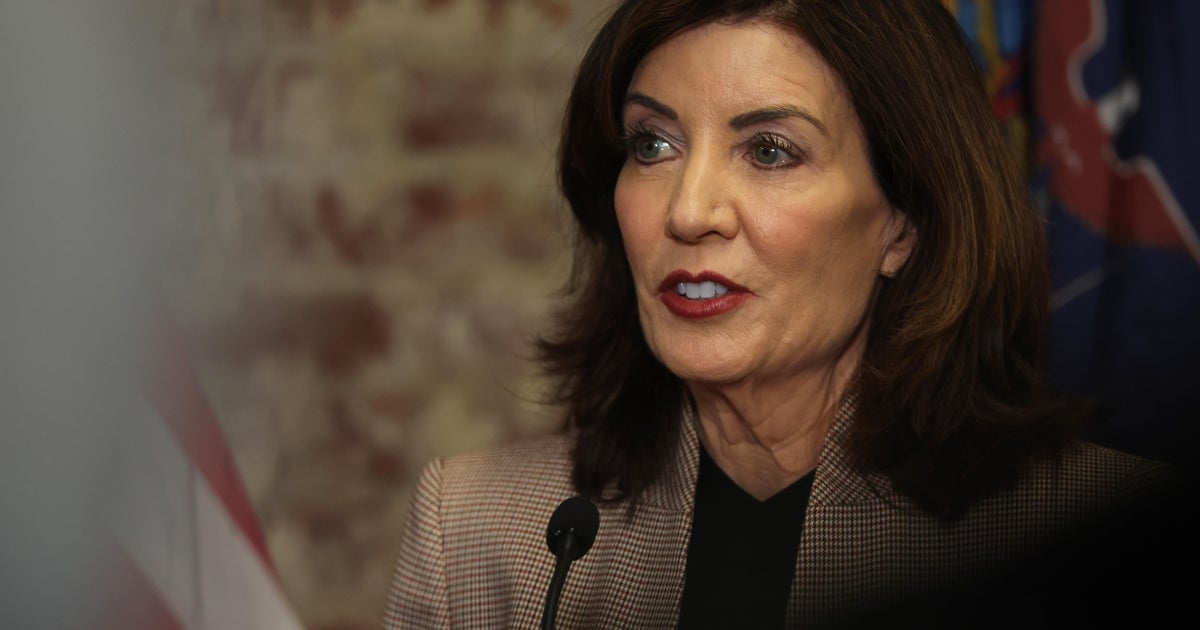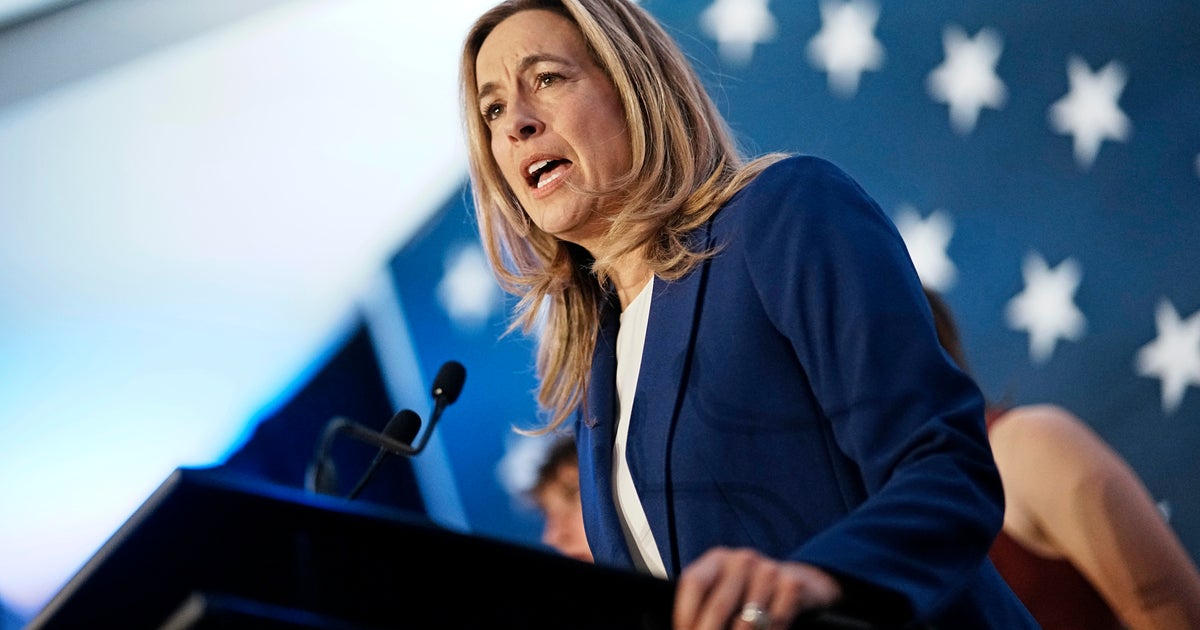Gov. Murphy Signs Law Protecting N.J. Patients From Surprise Medical Bills
WOODBRIDGE, N.J. (CBSNewYork) – New Jersey Gov. Phil Muphy signed a new medical bill into law Friday.
It's expected to make it easier to access and pay for any doctor – in or out of a patient's network.
Have you ever gone to the doctor or hospital and gotten a surprise bill sent home afterward? You are not alone.
As CBS2's Meg Baker reported, 168,000 New Jerseyans receive out-of-network bills each year. For many, it leads to financial ruin.
Now, the state is limiting those charges and requiring health care providers to alert patients to out-of –network costs.
"It strengthens disclosure and transparency requirements, so consumers will clearly know before they receive any health care services whether the health care provider or facility they have chosen is in-network or out-of-network," Murphy said.
The new law intends to eliminate surprise charges when you receive medically necessary emergency or inadvertent out-of-network services. On average, these visits results in surprise bills of more than $600 but can run up to $20,000.
Childbirth is a common procedure that is often affected by these charges, Baker reported.
"They got bills from the neonatal doctors for tens of thousands of dollars, because that provider was not in-network. But the hospital they were in was in their network," said Maura Collinsgru, health care program director of New Jersey Citizen Action.
Assembly Speaker Craig Coughlin has been working on the law for a decade. He too was shocked by a bill after surgery.
"They put me in collections," he said.
He knew he could fight the charge but said many do not, making this consumer protection so important.
It has a long name, but the Out-of-Network Consumer Protection Transparency Cost Containment and Accountability Act limits the amount an out-of-network provider can charge, so patients are protected from financial disaster.
It also assigns an arbitrator. Patients will no longer have to be the mediator between their doctor's office and insurance company. So they can worry about getting better, not about getting their bills paid.
Advocates for hospitals and physicians opposed the reform, insisting it would undermine their negotiating power with insurance companies and drive providers out of New Jersey to less regulated states.







